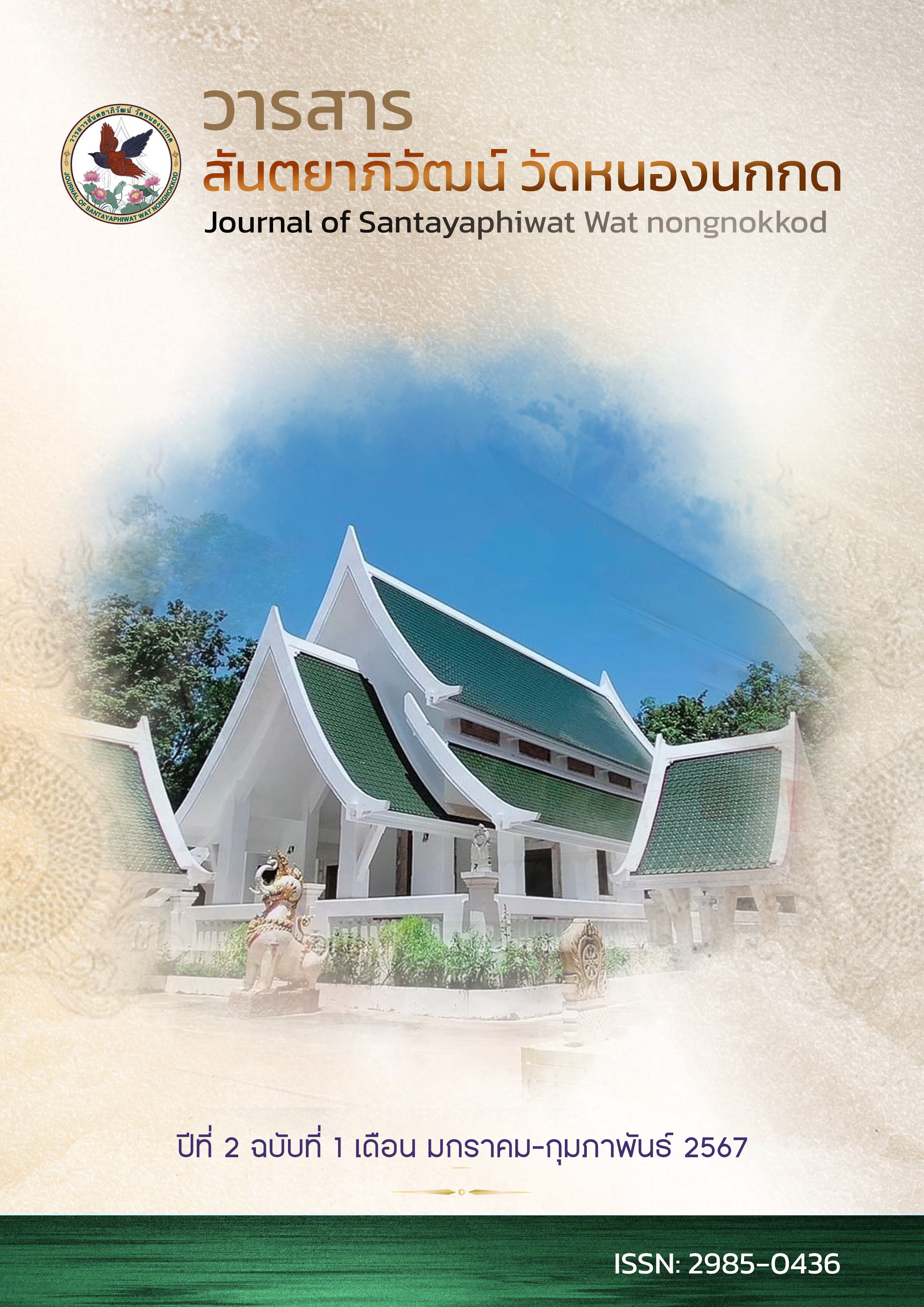INSTRUCTIONAL MODEL FOR DEVELOPING SYSTEMIC THINKING PROCESSES OF STUDENTS OF MAHAMAKUT BUDDHIST UNIVERSITY YASOTHON BUDDHIST COLLAGE
Keywords:
Development of Systems Thinking, Education Management Model, Yasothon Buddhist CollegeAbstract
The objectives of this research were to study, develop, evaluate, and compare the systems thinking abilities of undergraduate students before and after using a teaching model to develop their systems thinking processes. The study was conducted at Mahamakut Buddhist University Yasothon Buddhist College during the academic year 2022, using a quasi-experimental research method. Quantitative data were collected from a population of 243 individuals through questionnaires, and qualitative data were collected from a sample of 30 individuals through group discussions using voluntary and purposive selection methods.
The results showed that the teaching and learning model for developing systems thinking processes was at a moderate level, and the quality of the curriculum and education management was efficient and responsive to the creation of knowledge and future careers. The average level of knowledge of the students was moderate, and they had the ability to think analytically, synthesize, and be creative, with average levels of critical thinking ability. The efficiency evaluation results of systems thinking through the course Social Science Research Methods (SO2106) received an efficiency rating of 80/80, which is E1/E2 = 81.15/85.95. Therefore, the courses and instructors should set clear learning goals appropriate to the level of knowledge and skills of the learners and use appropriate teaching methods to create an environment that encourages learners to participate in the learning process. Additionally, measuring and evaluating learning outcomes that meet international standards is essential.









